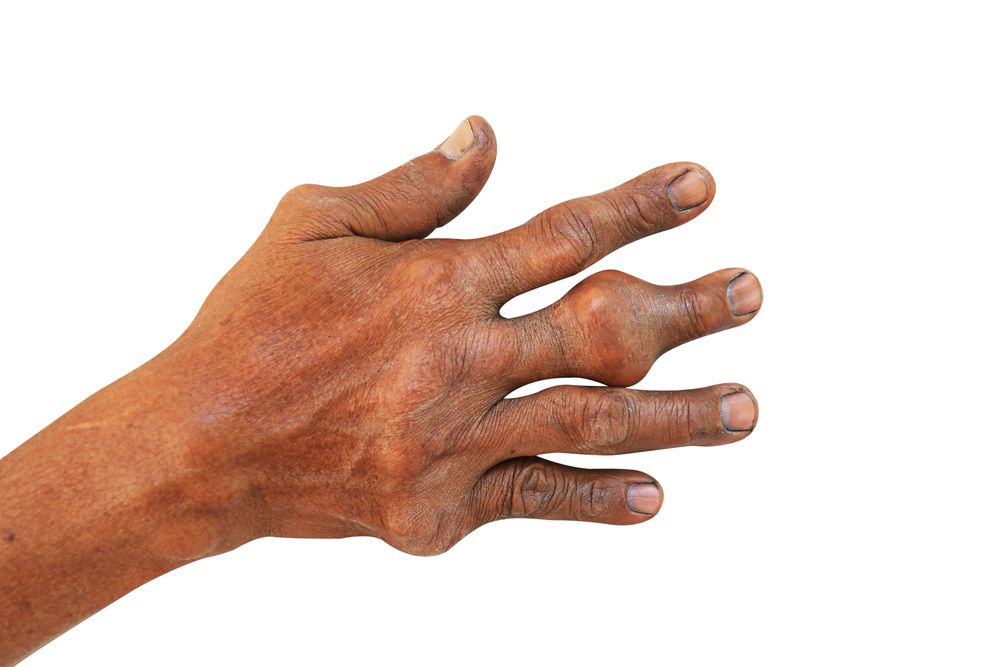Article
Gout Increases Risk for Hospital Readmission after Heart Failure
Author(s):
While gout does not increase the risk of death post-acute coronary syndrome, a new study shows the condition does increase an individual’s risk for readmission after heart failure, as well as the number of days he or she will spend on the hospital.
While gout does not increase the risk of death post-acute coronary syndrome, a new study shows the condition does increase an individual’s risk for readmission after heart failure, as well as the number of days he or she will spend on the hospital. (©Seneesriyota,Shutterstock.com)

While gout does not increase the risk of death post-acute coronary syndrome, a new study shows the condition does increase an individual’s risk for readmission after heart failure, as well as the number of days he or she will spend on the hospital.
In an article published in a recent Arthritis & Rheumatology issue, investigators also determined that the risk of these events increases in parallel with serum urate regardless of whether a patient has gout.
“We have shown that survival post-acute coronary syndrome is similar int hose with and without gout,” said study author Lisa Stamp, M.D., a rheumatologist at the University of Otago in New Zealand. “Whether urate lowering improves these outcomes remains to be determined.”
To determine the impact of gout and serum urate, researchers examined clinical data for 1,514 participants in a coronary disease cohort study. Of this group, 160 individuals - 10.6 percent - had gout. They were older, had more co-morbidities, and a higher serum urate and creatinine than patients without gout. Most individuals with gout were also receiving allopurinol.
Based on results, investigators found patients experienced a shorter time to hospital readmission after heart failure, but not after other cardiovascular events. In addition, patients with gout also spent more days in the hospital related to cardiovascular events throughout the study’s follow-up period than patients without gout, seven days versus three days, respectively.
Study findings also revealed that, regardless of the presence of gout, serum urate increased the risk of death, hospital readmission after a cardiovascular event or heart failure. According to data, for every 0.1mmol increase is serum urate, the hazard ratio of death was 1.18.
Although limited data exists to support treating hyperuricaemia without gout present, investigators said, this study’s results suggest a lower urate rate leads to a lower risk of adverse outcomes, supporting allopurinol use.
REFERENCE
Stamp L, Framptom C, Drake J, Doughty R, Troughton R, Richards AM, "Associations of gout and baseline serum urate with cardiovascular outcomes: analysis of the Coronary Disease Cohort Study." Arthritis & Rheumatology (2019), doi: 10.1002/art.41007




